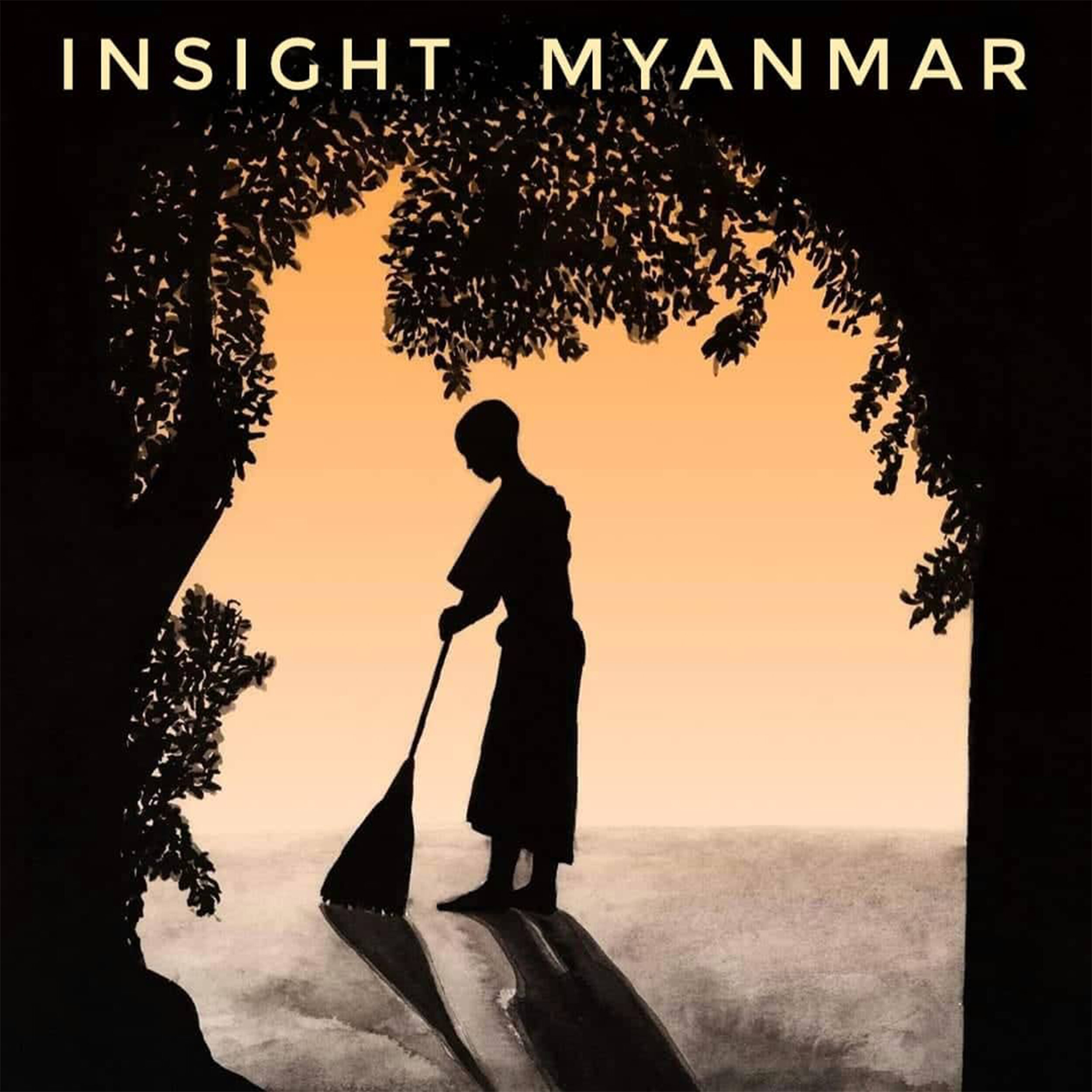A Wild Western in Burma
Delphine Schrank, a journalist, shares in a recent podcast episode how she arrived in Yangon in 2008 to cover the aftermath of Cyclone Nargis for The Washington Post. Intrigued by life under the oppressive military junta, she began investigating activism against the regime, contrary to the prevailing belief that there was no democracy movement in Myanmar. Delphine uncovered the vibrant underground networks challenging the junta, leading to her book "The Rebel of Rangoon." Her work focused on the untold stories of individuals working for change, often at great personal risk. Delphine's book delves into the lives of key figures like Nway and Nigel, showcasing their sacrifices and dedication to democracy in Myanmar. She also explores the role of Buddhism and meditation in sustaining activists' resilience and commitment. Delphine recognizes the shift from nonviolent to armed resistance in Myanmar's post-coup resistance and emphasizes the enduring spirit of those striving for democracy in the face of adversity. Usually in these posts, we provide excerpts from our podcast guests, to share their voices more widely to our audience. However, in this case, one listener was moved by what the host was sharing during one segment of the conversation. In the below excerpt, we hear the host responding to Delphine during the conversation.
“The usual constructs of society were torn away. All you had left was the gritty reality of like a Wild West town where if we want justice and protection, ‘we’re going to have to bear this burden ourselves.’ ”
“I think some of the criticisms that come from more developed countries [towards the Myanmar resistance movement] are somewhat hypocritical. Not understanding the difference between how a developed state offers protection in unseen and invisible ways that we all buy into, and what happens when those constructs break down, when all those gloves are off, and just seeing things really in the gritty human core.
I've given this analogy before, but it appeared to me soon after the coup, I was realizing if there's someone in my neighborhood in the US who is breaking into places, stealing things, let's say he's doing something much worse, he's actually harming people, even raping women, or just doing extremely unsafe behavior, we know that there's a system where that's going to get reported and the necessary aggressive behavior to subdue this person is going to be a burden that the state takes on. And of course, not to romanticize our police force, there's obviously those legitimate concerns of police violence and brutality, but also there is a violence and aggressiveness licensed to our police force to be able to subdue those that might be harming us and our communities.
What you saw in Burma after the coup, was that this all broke down!
If you had someone in your community, in this case, it was the military itself that was assaulting, arresting, raping, stealing, even killing, and abducting citizens, so you had no one to outsource this protection to. So, this was a burden that you had to take on within your community, whether it was decision making, whether it was an acting or whether it was playing some kind of role. In that context, when you see the rise of the armed part of the movement, in many ways, this arose from resistance forces of communities. The communities were seeing how different provocateurs and troublemakers were coming in to harm their citizens, where there was no way to outsource this protection to any other entity, no way to have any kind of civil discourse, or even an uncivil discourse to be able to use words alone to prevent this. There was no outside support of any kind coming in! And so, the usual constructs of society were torn away. All you had left was the gritty reality of like a Wild West town where if we want justice and protection, ‘we're going to have to bear this burden ourselves.’
That's not a description to justify the overall work of the armed part of the movement now or to give a defense of it, because, as you said, it's a very complicated issue. But, if you're trying to understand where this armed part came from, and you don't have that perspective in mind, then something is missing! You're looking at things in kind of a fabricated, hypocritical, and developed lens that is really not accurate to what they're doing and how they're doing it.
I've spoken to many Western activists as well who are lifetime peace activist and Buddhists, meditators, and anyone who has been engaging to any real degree in Myanmar in terms of understanding what's happening, they've all said that they're questioning lifelong beliefs of the different ways that you bring these things to bear in a society. Anything from gun ownership to the role of violence or anything else. Again, this is not to give some kind of justification or defense, but just to show how complicated and nuanced the situation is, and we have to be willing to look critically at those parts of our own society that are invisible to us that we're privileged by.
We're privileged to be able to say, ‘Well, I live according to strict non-violent attitudes in my own society,’ but if there's an intruder causing us harm, our values are not going to be put to the test, because we have an authority who is going to take care of that. And maybe they'll overstep their bounds, so I don't want to paint too much of a rosy picture on it. But it is outsourced to some degree. If you're not recognizing that privilege and freedom in where we're living, then you're not really understanding the decision-making process they had to go through there.”
